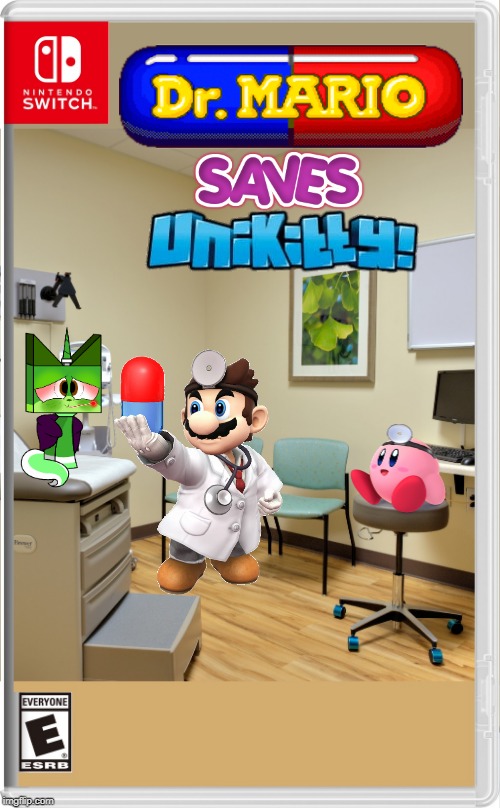
They are a normal family facing extraordinary challenges. It's brain cancer, no cure."Įven though the disease is prevalent in their daily lives, they don't think of themselves as a cancer family. And I don't tell them either, although you get the picture. "I don't believe a person is a statistic," she said. She's been told the cancer isn't genetic, and she doesn't talk about a prognosis. Emotional and Mental Upheaval: The knowledge that you’re suffering from a terminal illness and you’re reaching the end of your life can be shattering for many hospice patients. "Even though it's basically surrounded us, we just try and live how normal people do." Additionally, when the heart or lungs begin to fail, the brain begins to receive less oxygen, which in turn can make terminal restlessness more pronounced. "We try and live life without cancer," Kainani said. That energetic spirit has the Gig Harbor community rallying around the family, and later this month, they're throwing him an "epic sleepover" so he can play with friends, just like other kids.

Before leaving his last proton treatment, he taught the staff how to do his favorite dance, the Whip, Nae Nae.

Since Masen's brain cancer diagnosis, he's had four surgeries, two rounds of chemotherapy and two rounds of proton therapy. "And it was something I'd seen through my husband. "He had drool on the side of his mouth, his eyes were, they just didn't look normal," Kainani said. The family moved to Washington from Hawaii for better medical care, but Lloyd died after a two-year battle.

He fell backward and hit his head when he had cancer."


 0 kommentar(er)
0 kommentar(er)
